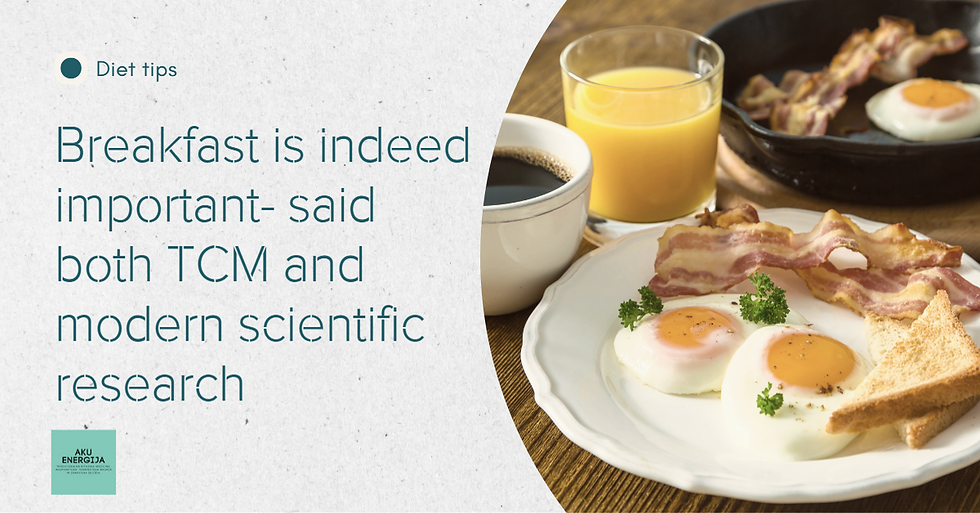What happens when you drink too much water?
- Aku Energija
- Apr 7, 2023
- 3 min read
A common health suggestion recommends eight 8-ounce (250 mL) glasses, which equals about 2 liters a day. This is called the 8×8 rule. Some experts believe that you need to sip on water constantly throughout the day, even when you’re not thirsty. That “rule”, however, isn’t backed by scientific findings – nor do UK or EU official guidelines say we should be drinking this much. Indeed, drinking large amounts of water has some alarming side effects.

How did the 8×8 rule came at the first place?
Why people believed in the “rule” when there is no evidence to back up the benefit at the first place? Most likely, it seems, from misinterpretations of two pieces of guidance from decades ago.
In 1945 the US Food and Nutrition Board of the National Research Council advised adults to consume one millilitre of liquid for every recommended calorie of food, which equates to two litres for women on a 2,000-calorie diet and two-and-a-half for men eating 2,500 calories. Not just water, that included most types of drinks – as well as fruits and vegetables, which can contain up to 98% water.
In 1974, the book Nutrition for Good Health, co-authored by nutritionists Margaret McWilliams and Frederick Stare, recommended that the average adult consumes between six to eight glasses of water a day. This can include fruit and veg, caffeinated and soft drinks, even beer.
Do you see the trick? The so called recommandation is a total amount of fluid in all forms, not just the visible liquid in the drinking glass. It actually means ALL KINDS of moisture and fluids, including those found inside the food.
Too much of a good thing?
The belief we need to drink more water than our bodies need can be dangerous. Too much fluid consumption can become serious when it disturb the electrolyte in the blood.
Over the last decade, at least 15 cases of athletes who’ve died from over-hydration during sporting events in the UK.
Overhydration is just as problematic as dehydration. Here are some of the side effects and symptoms of overhydration. [1]
Nausea or vomiting. The symptoms of overhydration can look like those of dehydration. When you have too much water in the body, the kidneys can't remove the excess liquid. It starts collecting in the body, leading to nausea, vomiting, and diarrhea.
Throbbing headaches all through the day. Headaches can signify both hydration and dehydration. Excess water in the body causes the body's salt levels to go down and the cells to swell. This swelling causes them to grow in size, and those in the brain press against the skull. This pressure causes a throbbing headache and may lead to brain impairment and trouble breathing.
Discoloration of the hands, feet, and lips. When you’re overhydrated, you will notice some swelling or discoloration of your feet, hands, and lips. When the cells swell, the skin will also swell.
Weak muscles that cramp easily. When the electrolyte levels drop because of drinking too much water, your body balance goes down. Low electrolyte levels in the body can cause muscle spasms and cramping.
Tiredness or fatigue. Drinking too much water causes your kidneys to work too hard to remove the excess amount. This creates a hormone reaction that makes you feel stressed and tired. If you can't get out of bed after drinking too much water, it's because your kidneys are overworking.
How much should I drink?
The truth is: Most people don’t need to focus too much on their water intake, as the body has an automatic thirst signal.
There are no verified guidelines for the amount of water you need to drink daily. How much your body needs depends on your:
Physical activity levels
Climate
Body weight
Sex
You should watch for Indicators of hydration:
Thirst
Colour of the urine (pale, clear urine)
Increased sweating (exercise, physical activity, hot weather, dry climate)
Consumption of salty or dry food
The conclusion: Observe your body and make the judgement!
At the end of the day, no one can tell you exactly how much water you need. This depends on many factors.
If you want to keep things simple, these guidelines should apply to the majority of people:
Drink when you are thirsty;
Drink small amounts each time;
During high heat and exercise and other mentioned indications, make sure to drink enough to compensate for the lost or extra needed fluids;
Eat moistuized food (for example, noodles over bread, stew over deep fried meat) [Read more: TCM Dietary advice]
Do NOT drink cold or icey drinks
That’s it!
https://www.healthline.com/nutrition/how-much-water-should-you-drink-per-day







Comments